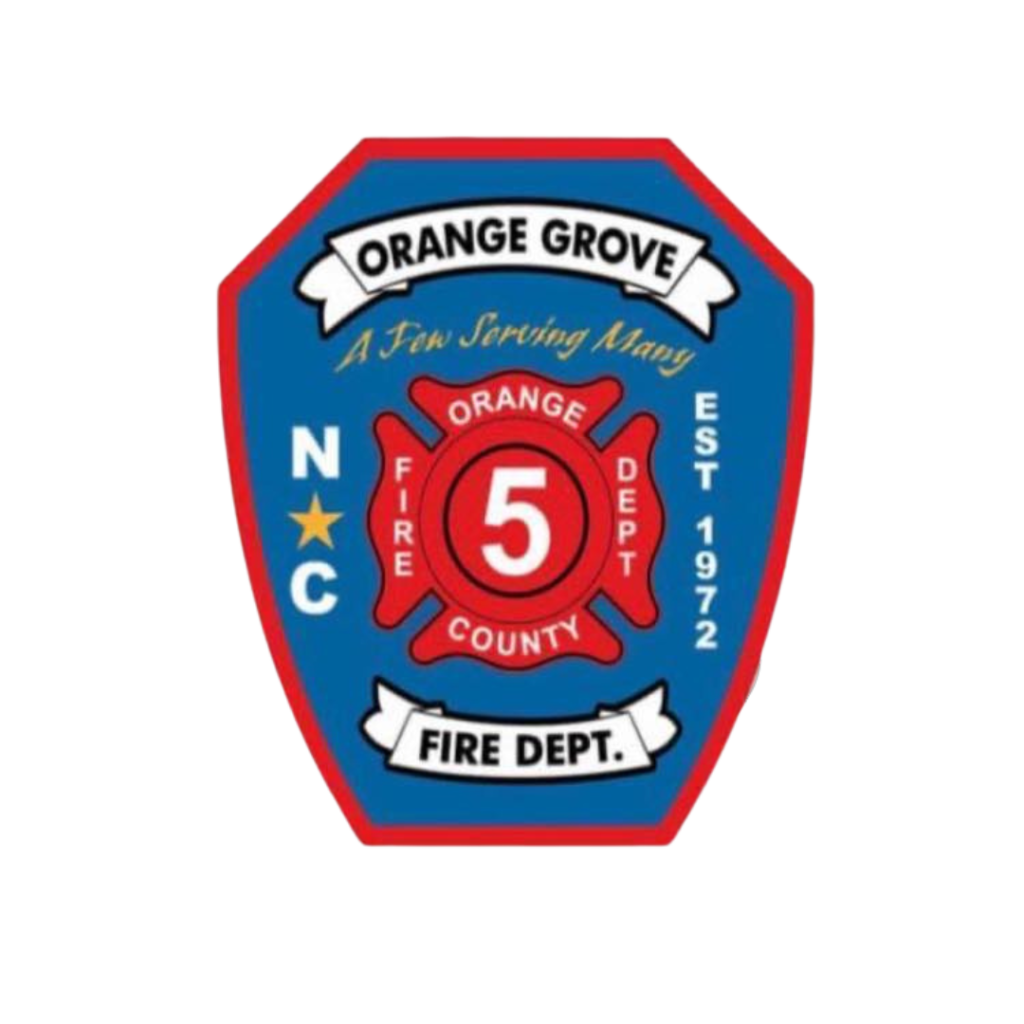North Carolina Rating Response System
NCRRS inspects fire departments and grades them based on their resources and ability to fight structural fires.
ISO/NCRRS
North Carolina Rating Response System (NCRRS)
The North Carolina Response Rating System (NCRRS) is a division of the Department of Insurance (DOI). NCRRS inspects fire departments and grades them based on their resources and ability to fight structural fires. Administered and maintained by the Office of the State Fire Marshal, the NCRRS routinely inspects more than 1,300 North Carolina fire departments. It rates them based on their resources and ability to respond and extinguish structural fires against a uniform set of criteria which incorporate nationally recognized fire protection standards.
The NCRRS grading plan is required by law to be at least as stringent as the current one utilized by the Insurance Services Office (ISO), and the intent of the NCRRS is to make it as compatible as possible while keeping it usable and current. The NCRRS ratings range from a class 1 rated fire department (highest best possible rating) to a Class 10 rated fire department (not recognized as a certified fire department by the state- unprotected). Generally, the lower-class number a fire department receives the better prepared the fire department may be to respond to fires in its district. The better prepared a fire department is, the more likely they will have lower fire losses. The rating they receive may also affect the insurance rates in a fire district with higher ratings, thus providing cost savings.
ISO utilizes the Fire Suppression Rating Schedule as the manual for reviewing the firefighting capabilities of individual communities. This schedule evaluates four (4) significant areas of a district’s fire suppression readiness as the basis of the assigned numerical rating. The four areas that were established are Emergency Communication, Fire Department, Water Supply, and Community Risk Reduction. The maximum of 105.5 grading points is possible.
Emergency Communication – The fire department can earn up to ten (10) points of maximum of 105.5 points from this section and they are related to how efficiently calls for emergency services are received and dispatched. This includes, for example, telephone systems, staffing of the County’s communication center, and the dispatch systems. In normal tradition, the fire department has no control over this section, as the communication center is owned and operated by the County.
Fire Department – The fire department can earn up to fifty (50) points of the maximum of the 105.5 points from this section and they are related to the resources and ability of a fire department to control and extinguish a fire. This includes, for example, the condition and location of the apparatus, equipment and facilities, membership levels, career staffing, training hours and levels of the fire departments staff, maintenance, and response times.
Water Supply – The fire department can earn up to forty (40) points of the maximum of the 105.5 points from this section and they are related to fire district’s water supply and a department’s ability to effectively deliver it. This includes, for example, the condition of hydrants, water points, fire department apparatus that carry water to and from a scene and the amount of water available.
Communication Risk Reduction – The fire department can earn up to five and one half (5.5) points of the maximum of the 105.5 points from this section and they are related to reducing fire related risk placed on the community and the system recognizes the proactive and reactive programs put in place by the fire department.

Copyright 2023 Management Solutions for Emergency Services All Rights Reserved


